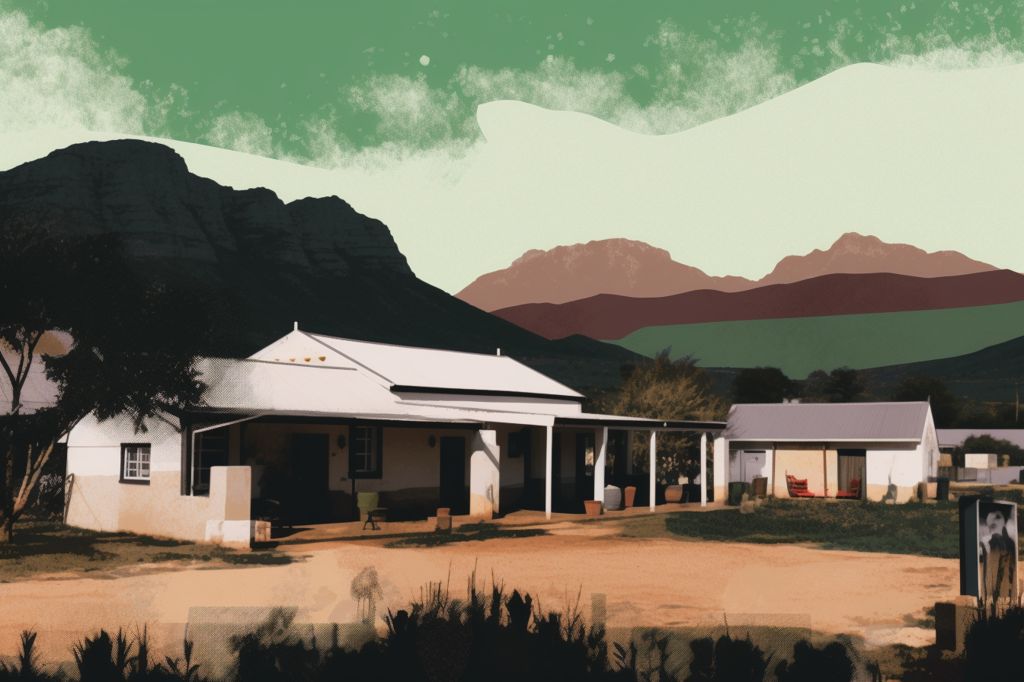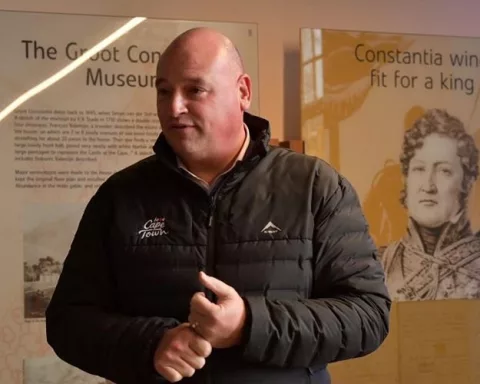Deputy Minister Fish Mahlalela recently lauded the launch of the KwaZulu-Natal leg of the Basic Quality Verification (BQV) Programme during a connection session at Africa’s Travel Indaba in Durban. The BQV Programme, which is introduced by the Tourism Grading Council of South Africa (TGCSA), is designed to uplift small tourism establishments in under-resourced villages, towns, and small dorpies (VTSDs) by providing them with the right training, resources, and expertise.
Africa’s Travel Indaba: The Premier Tourism Trade Show
Africa’s Travel Indaba is the most significant tourism trade show in Africa, attracting professionals, exhibitors, and media from all over the world. The event showcases African destinations, products, and services, while also offering networking opportunities and insights into the latest industry trends.
Empowering Small Establishments: The Basic Quality Verification Programme
The BQV Programme aims to help small establishments in VTSDs reach their full potential by providing them with a stamp of approval and a free ‘verification’ process, ensuring that they meet the fundamental standards of safety, cleanliness, and customer experience that travelers expect. This ensures that travelers can enjoy authentic South African experiences with peace of mind.
TGCSA’s Mandate
TGCSA is tasked with promoting excellence in the provision of tourism services, facilities, and products. The organization’s mandate extends beyond graded members to create an environment that enables all tourism establishments to succeed. This is crucial since the tourism industry plays a vital role in South Africa’s economy and has been severely impacted by the COVID-19 pandemic.
The Tourism Sector Recovery Plan
The Tourism Sector Recovery Plan, developed in 2021, aims to create a more sustainable and resilient sector with greater inclusion. By focusing on small establishments and providing them with resources, training, and expertise, the BQV Programme aligns with this plan, helping these establishments welcome the customers they have been waiting for.
Tangible Benefits: Access to Enterprise Development Programs and Youth Empowerment
The BQV Programme provides small establishments with access to enterprise development programs, services excellence programs, and funding opportunities to meet core requirements for formal grading over time. Additionally, the program trains and employs unemployed graduates to conduct the verification process, which empowers the youth.
Supporting Local Communities
Small establishments verified through BQV often support other local businesses and foster an environment where everyone can thrive. This model reflects the broader goal of cultivating a nationwide environment that enables all tourism establishments to succeed.
Future Growth and Competitiveness
Deputy Minister Mahlalela expressed excitement for the rollout of the BQV Programme in KwaZulu-Natal and its potential to impact the tourism industry from the ground up. Programs like BQV contribute to the revitalization and inclusivity of the industry, setting a strong foundation for future growth and competitiveness in the global tourism market. By supporting small establishments with resources, training, and expertise, the BQV Programme plays a vital role in ensuring a sustainable and inclusive future for South Africa’s tourism industry.












